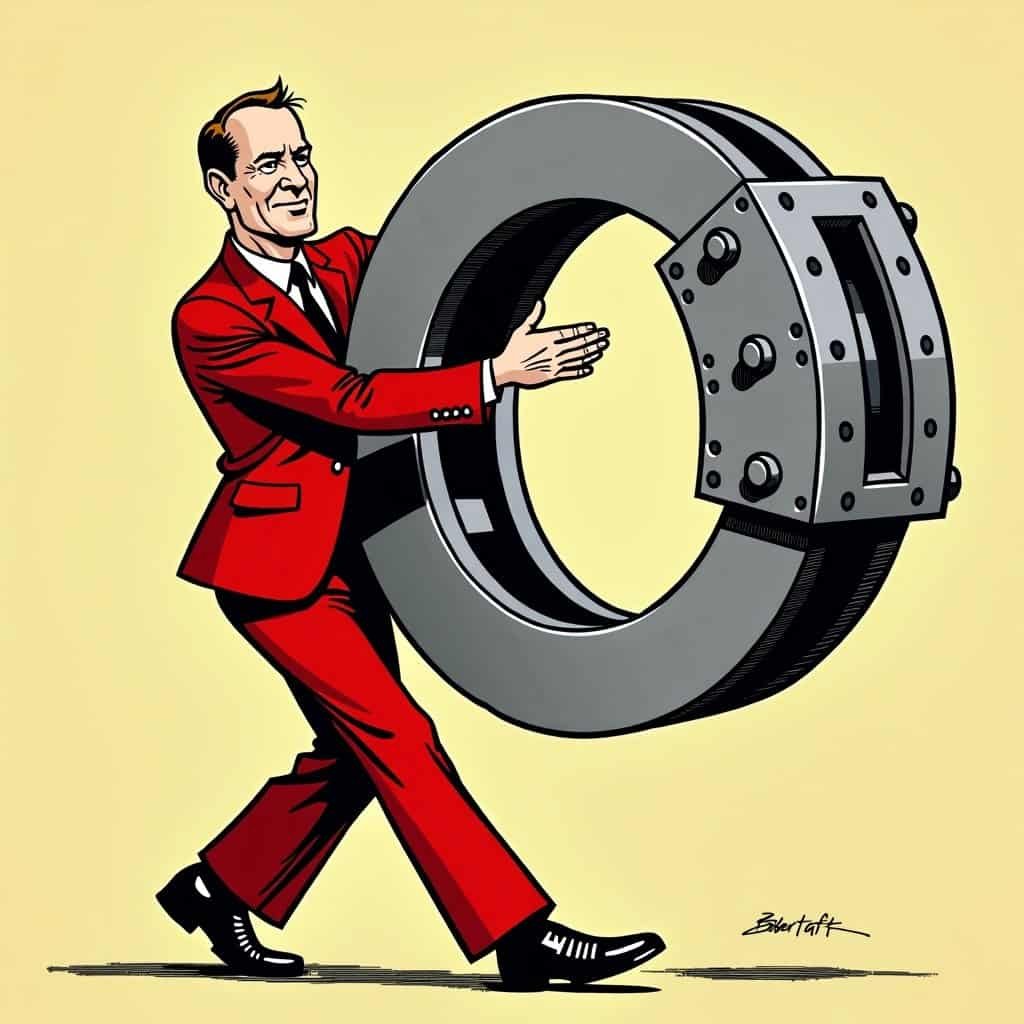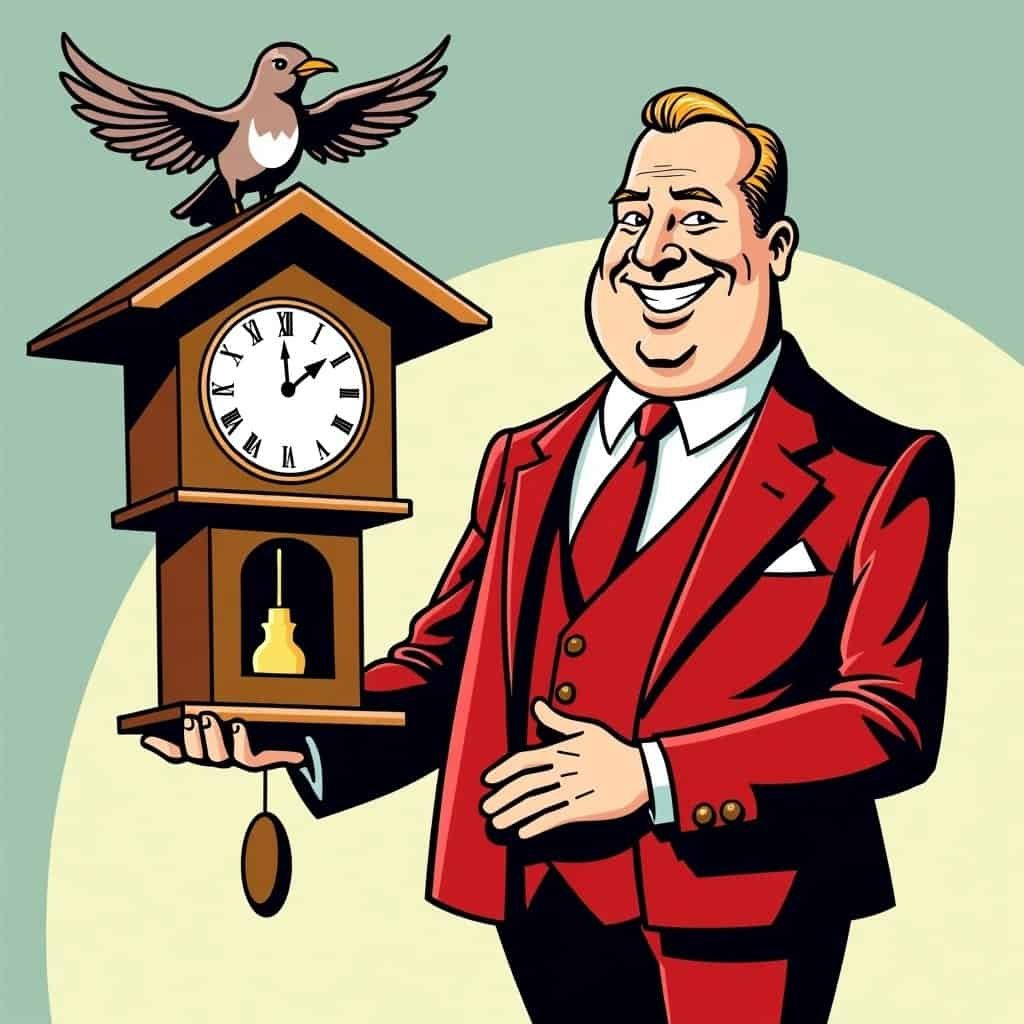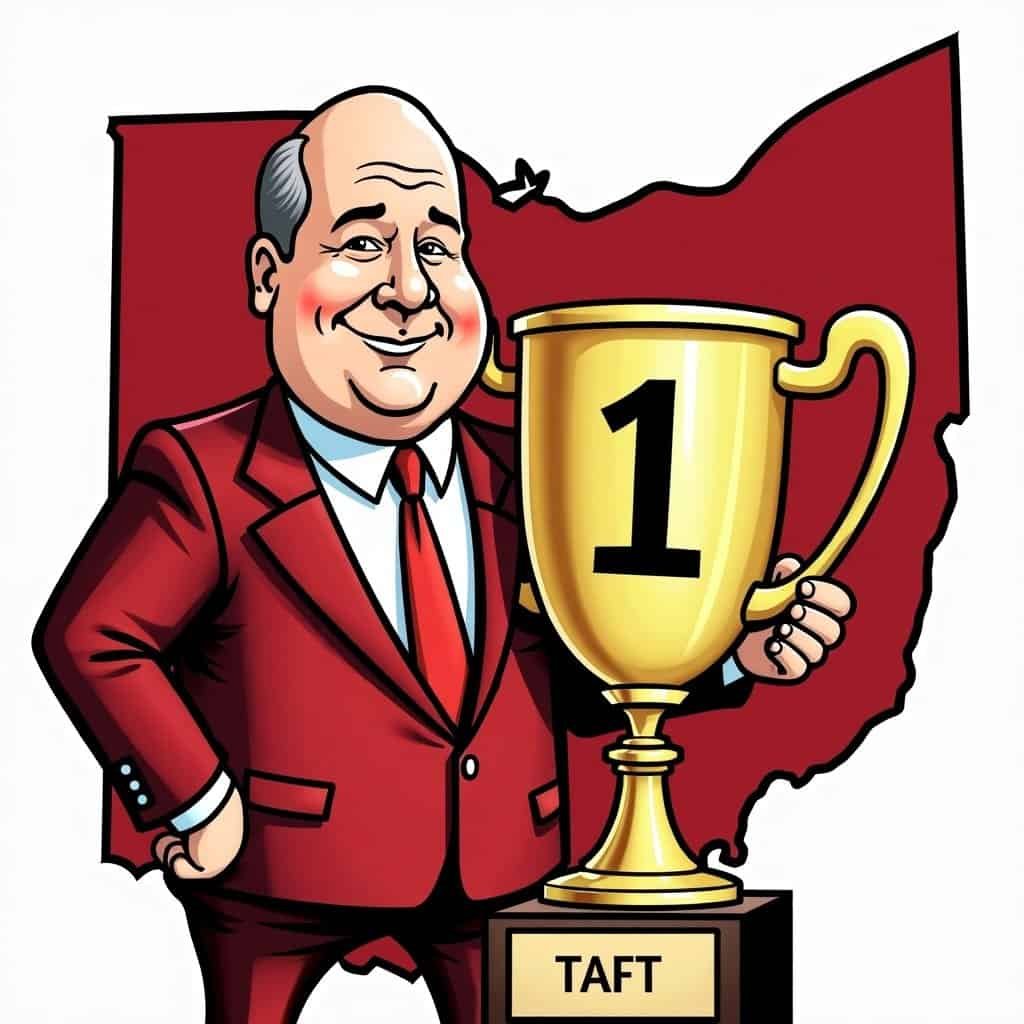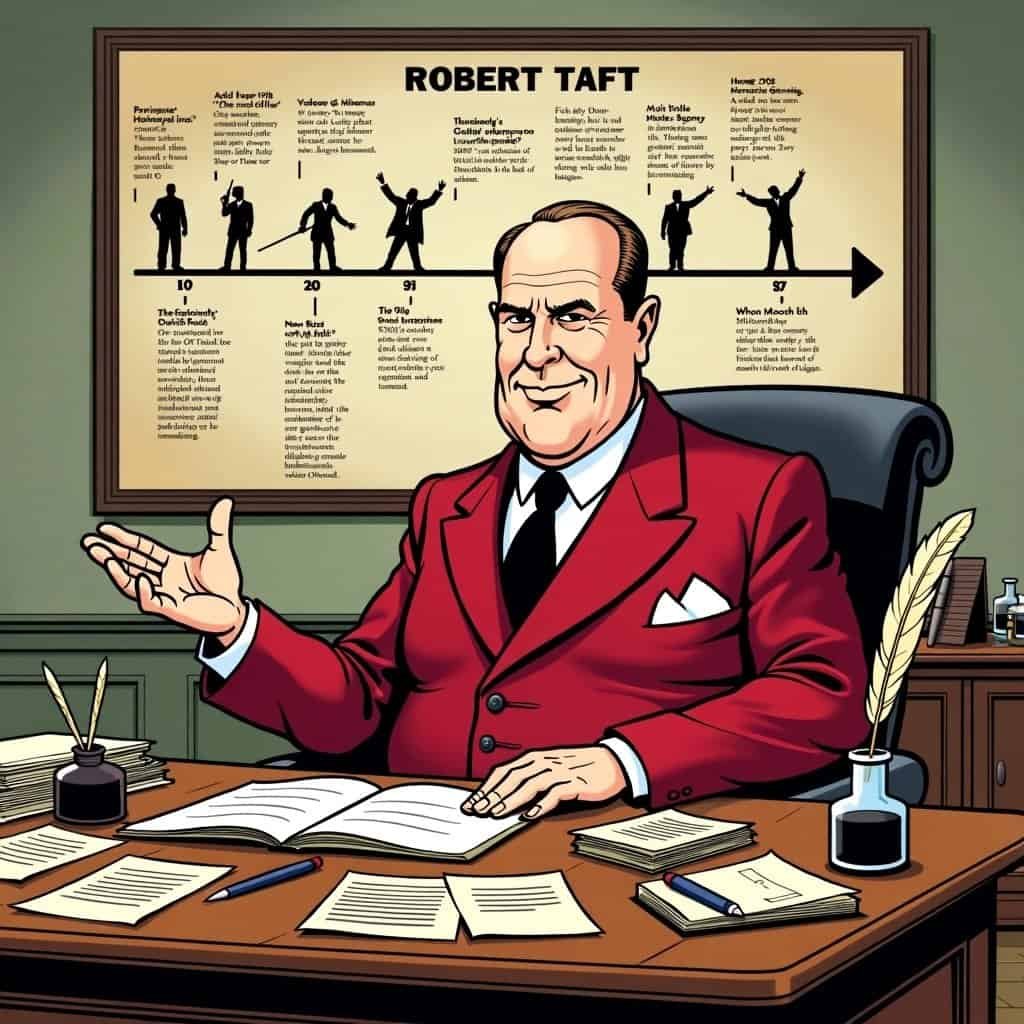Let’s talk about Robert A. Taft, a true champion of liberty and supporter of the free market economy. This isn’t your run-of-the-mill story. It’s about a man who wanted to slash through government red tape like it was his favorite cheese. Imagine a world where the government treats successful businesses as engines of growth rather than piggy banks.
Robert Taft stood for a simple economic principle—free market capitalism. It’s as American as apple pie and Sunday football. He believed that when businesses operate with minimal restrictions, everyone benefits. It’s like inviting your favorite uncle to a BBQ—he brings the grill, ribs, and endless stories. But try to micromanage his grilling, and he might pack up and leave!
In Taft’s ideal world, low taxes and minimal regulations were essential. It’s hard to argue when even the breeze seems to carry a hint of prosperity. He claimed that less government meddling leads to innovation, more jobs, and better wages. Picture businesses reinvesting profits instead of paying hefty tax bills—a positive cycle we could all appreciate.
Taft’s Economic Vision: A Colorful Perspective
Taft’s Economic Pyramid
Free Market Economy
- Low Taxes
- Minimal Regulations
- Business Freedom
- Economic Growth
When asked about the average person, Taft would likely remind us of the ripple effect. Lower taxes lead to economic growth, more employment, increased spending, and soon enough, everyone feels the benefits. It’s not about government handouts, but rather giving everyone a chance to succeed through hard work and determination.
Taft had his doubts about liberal policies that make the government look like an overprotective parent—taking from one to give to another isn’t exactly Economics 101. He knew that supporting businesses would generate wealth and spread freedom through opportunity, turning the economy into a vibrant mix of industry and innovation.
Of course, Taft had his critics, mainly those who favored big government solutions. But that’s the beauty of democracy, allowing us to debate and jest. And Taft certainly enjoyed those debates with his wit and sincerity.
So here we are, years later, still pursuing the free market ideal, raising a glass to Robert A. Taft for his unwavering support of a free market economy. We’re grateful that through such visionaries, reason might prevail, and free markets can thrive like wildflowers in spring. Next time you hear someone praising the free market economy, you might just catch a hint of Taft’s influence!






